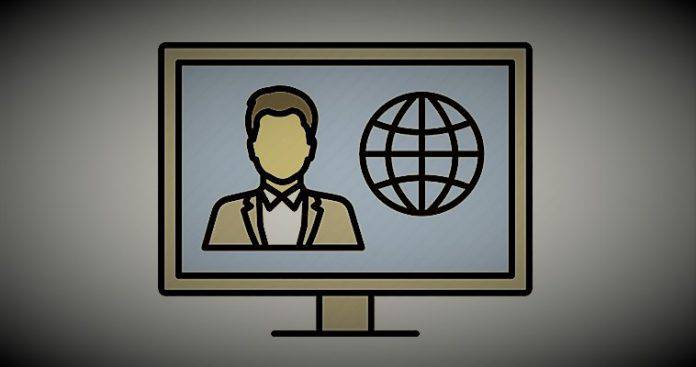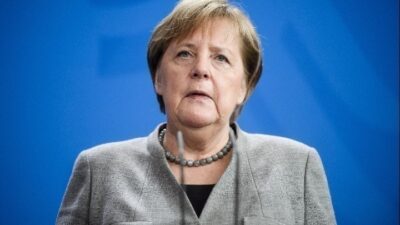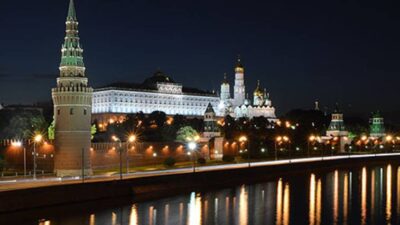Thodoros Stathis: There is no democracy without a party-media divorce
07/09/2020
Objective public information has always been problematic. The situation in Greece was worse every year. Before the fall of the junta, the ruling party or dictatorship and its backers were the absolute rulers of the media. Some media, in fact, had a circulation problem. From the fall of the junta onwards, the issue of informing the citizens has improved so much that today we have reached the point where politics is determined primarily by the media, etc. and secondarily by political parties!
Awareness-raising articles pointing out the well-known findings, the dangers to the functioning of democracy, have not promoted recipes that are able to eliminate the problem because instead of hitting at the problem, they strike at side issues. It is a fact that information is under stifling control everywhere because the current oligarchic regimes, called democracies, offer powerful economic centers fertile ground for profitable investments in the media and, of course, with the aim of controlling power through their capitalist tentacles.
SYRIZA, in fact, was praised as a government favoring private investment in this sector. And the bad thing is that some of those who are protesting, and even intensely, are complicit and responsible for the situation and obviously along with everyone else are moral perpetrators of the crimes that are committed daily against the people supposedly in the name of democracy. In any case, we must look for those responsible for this situation among the political parties which are ostensibly considered as centers of policy production.
These, at one point or another, kept the door open, objectively, to economically strong, private centers for investment in the media. The motivation for investment is produced by the use of an instrument (tool) devised to serve not the official principles of democracy but making politics into the domain of a family business and nepotism. And the name of this tool is the elections for the promotion of political officials within parties, in Parliament and in the seats of power.
Institution in disrepute
The electoral process was embraced from the beginning with special love by the citizens-voters who saw it as a very democratic tool, as it enables them, they think, to be the rulers of the country. But the electoral process bridges voters – individually or organized into powerful groups of all kinds – with individual candidates in a relationship that produces entanglement and corruption responsible for the horrific inequalities that thrive in all these societies and the dysfunction of democracies.
Political parties are an institution of resilience that has evolved and been accepted by the people in modern times, despite the fact that there have been breaks, where the politics of political parties were been replaced by dictatorial regimes, especially during the Cold War in the context of the competition between West and East. However, over the years, the institution of political parties has fallen into disrepute and the parties are solely responsible for this.
A good half of citizens do not even go to the polls to vote because they do not believe that their vote will change anything. This situation was exacerbated by the recent economic crisis and we must examine the causes that caused this unpleasant development for the institution of political parties so that those “outraged” demonstrating in the squares can demand their abolition. Personally, I consider the institution of political parties as the springboard for democratization and modernization of the country on the condition that they will evolve from leader led-parties to democratically functioning parties and the first step in this direction is to reduce their dependence on the media.
Dependence on the media
Their first significant independence from the media can be achieved immediately by electing all their political executives to the various organs of the party by lot instead of election and for a non-renewable term by a set of volunteers who necessarily qualify for each position they claim. (see Trojan Horse of the Republic, Ammon publications). This process also ensures the emergence of more capable political officials, and not just, from those that emerge through the election process, where cliques and families dominate.
The further independence of the parties from the media is achieved by the election of political officials for the Parliament and the regional and municipal councils through a double draw. The first for the formation of the ballot paper and the second, which takes place after the elections, for the determination of the election order of each candidate. With this process, where voters designate preference for candidates is abolished, the leadership party is abolished and the party begins and functions democratically as, after all, it must function. The Parliament and each regional or municipal legislative body acquires characteristics of real popular representation. In this way, democracy is then transfused throughout the country.
The whole process is completed with the election of the party leader and the candidates for governors and mayors from a number of candidates, who are elected, after presenting their visions to the voters in relevant regional assemblies of the party. The term of office of the candidate for these three cases may be renewed one more time.
Those most capable
At this point, the voters who have been chosen through lots for the party’s organs are not supporters of candidates for regional governors or mayors due to entanglement, nor does their development depend on such anymore. Their dependence is now a thing of the past and with these characteristics, the voters can vote for those who are able to convince them! This process also ensures the emergence of the most capable for each position. In each of the above steps, the parties’ independence from the media means that some of the services offered by them to the candidates will end up being unsolicited!
In such a now democratic regime, the objective information of the citizens can be further strengthened by the existence or use of the possibility of printed and electronic information at public expense, through which all political parties operating in our country have at their disposal their regular podium for informing the citizens about their program and their views on the current political news. The rest will then be regulated in a democratic way by the truly democratic state offered to us through the above procedures.





